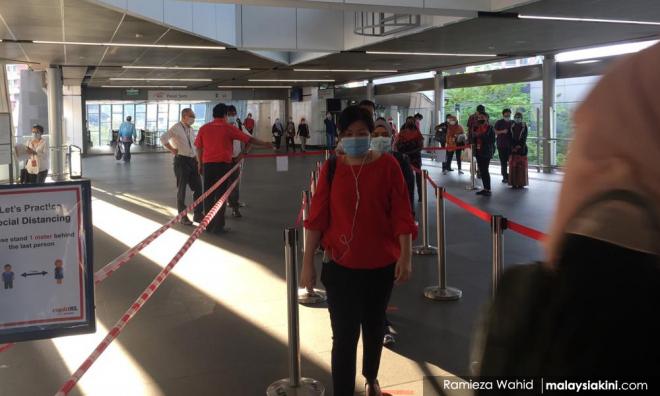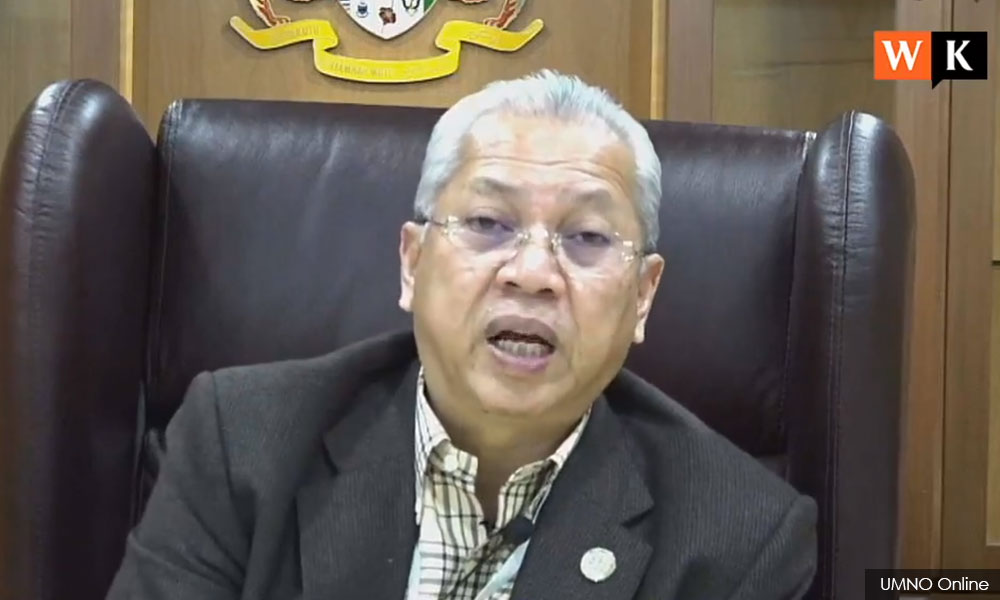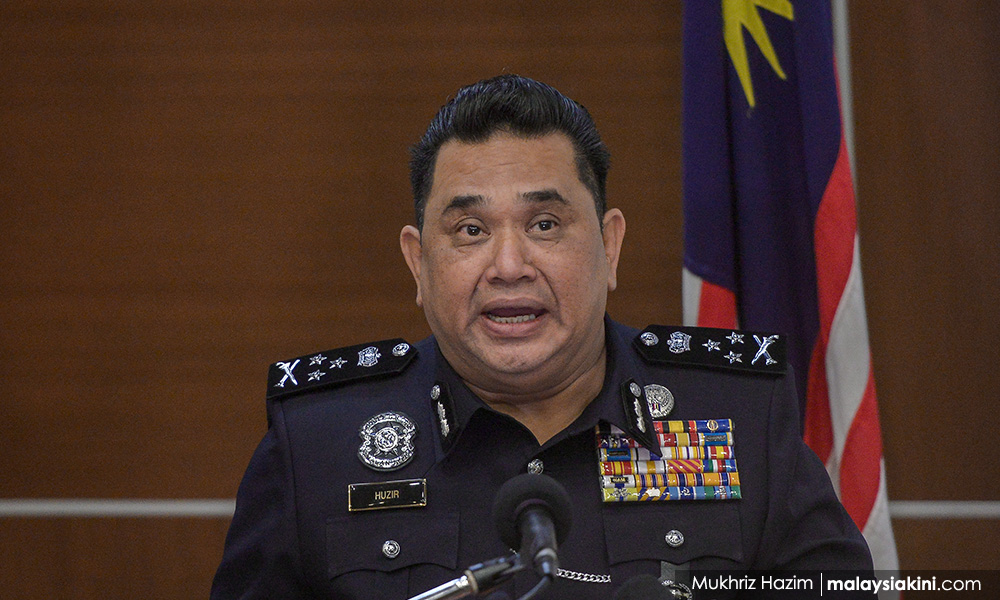
Last Thursday, the prime minister announced the conditional movement control order (MCO) effective May 4. This entailed the partial relaxation of many conditions that had been imposed on March 18.
It covered, among others, the partial re-opening of restaurants, bars and food and beverage outlets. Over the weekend, the owners and operators did the needful – painted distance markers, got thermometers, hand sanitisers, face masks and complied with providing a register for patrons to make available their particulars.
On Monday, regulars made a beeline to their favourite watering holes for their pints and stengahs. Except for a few who did not comply with social distancing, it was a start of the return to some semblance of normalcy.
The déjà vu did not last long. The Federal Territories Minister Annuar Musa (below) blew out the candles the following day. He decreed that businesses that sell liquor besides food, could not operate for the time being.

As if waving a magic wand, he classified that pubs that sell liquor were in the same category as karaoke and other entertainment centres and would not be allowed to operate.
This was in contrast to the prime minister’s directive and many wondered what was happening. And hey presto, the next day, the Kuala Lumpur mayor got into the act – a face-saving announcement that made little sense.
Although there were no reports of any “song and dance”, there was an announcement as to the prohibition of dancing – perhaps a red herring to hide the blushing!
“As long as these businesses have the necessary approvals such as a licence to serve food from Kuala Lumpur City Hall and a licence to sell liquor from the Customs Department, they can be open for business,” he was quoted as saying.
So, what would you term three different pronouncements on the same subject within five days? In sports parlance, is this a flip, a flop or a summersault or all three?
Even before the PM’s announcement, the process of consultation was never a consideration. States complained openly and loudly about not being adequately briefed on the conditional MCO and nine of the 13 refused to implement the proposals.
The result was akin to organised chaos. Parts of the country had their own plan mapped out and implemented changes gradually while the others made abrupt changes much to the chagrin of medical professionals.
Of course, there was no defence to such haphazard arrangements and announcements. The economics minister could only shout himself hoarse by stating that “you could be sued”. Since no one has sought legal action, was it yet another case of a drowning man grasping at straws?
Barbershops and salons
Earlier, the same minister announced that barbershops and salons could re-open. But the hair-dressing fraternity dismissed the plan summarily, preferring to down tools.
Adding oil to the fire and causing more embarrassment (read: laughter) was the minister’s staunch supporter -- Seberang Jaya assemblyperson and former Penang health exco member Dr Afif Bahardin who selectively quoted the New England Journal of Medicine.
The publication appeared to recommend haircuts as a way to help those suffering from high blood pressure – but with several conditions which were conveniently left out.
While some view ministers and officials falling all over themselves as comic relief in time of being restricted indoors, the bigger question is: Does a thought-process, a pow-wow or a brainstorming session take place before some major announcements are made?
The only consolation that Malaysians can take is that even in processes like these, there seem to be consistencies in the boo-boos that have been made. Almost every major decision has to be either overruled, rejected or amended.

On Wednesday, Bukit Aman Criminal Investigation Department director Huzir Mohamed (above) announced that express bus services and motorcycles could be used for interstate travel until May 10 (Saturday), adding that the decision had been decided earlier.
The following day, he announced that people stranded in other states are allowed to return home by land public transportation and motorcycles until Sunday.
One day, buses and motorcycles are banned and the next day, the ban is lifted. Was this discussed extensively before the announcements or were both made in the spur of the moment?
Before that, the Domestic Trade Ministry allowed breweries to operate to meet consumer demand. After issuing an official letter, the permission granted was rescinded.
The federal territories minister tweeted that the government had cancelled the permission “as it was not in line with the government’s policy,” whatever that meant.
The government lost about RM300 million in excise and taxes - a costly flip-flop indeed.
Is the consultation process non-existent? Is there no inter-department or inter-ministry meetings? Aren’t experts roped in for their views before policies and procedures are announced?
There are far too many such gaffes and some ministers appear to be straying into the affairs of ministries not under the purview.
What is happening?
Are too many "Little Napoleons" running around trying to impose their will and thoughts without considering the circumstances or are they trying to squeeze every inch of publicity by being in the news and limelight?
Or do some people need the hair-dryer treatment from the boss?
R NADESWARAN says the hilarity has to end and the government must get back into the serious business called governance. Comments: citizen.nades22@gmail.com - Mkini



No need to open bars lah. The ph mayor tak ikut cakap.
ReplyDeleteU turn backdoor government
ReplyDelete